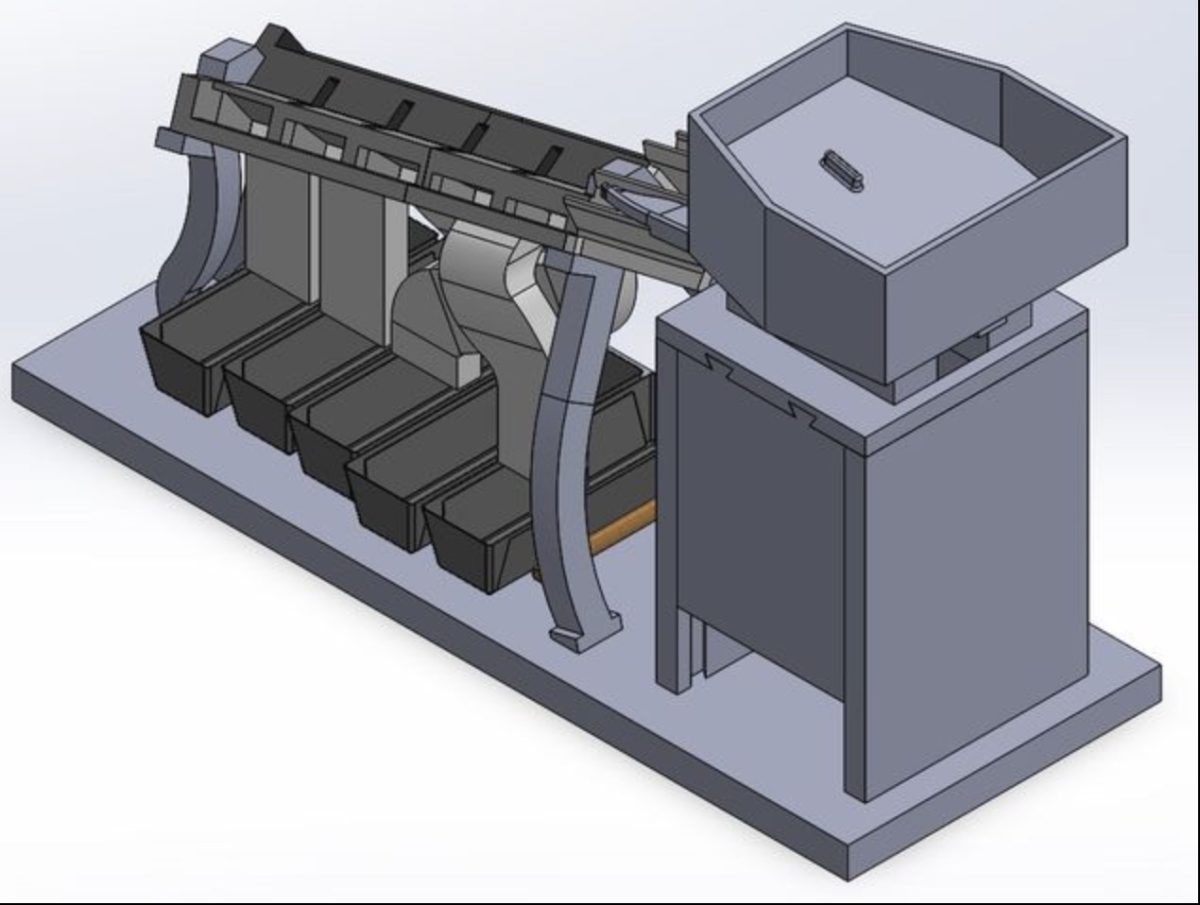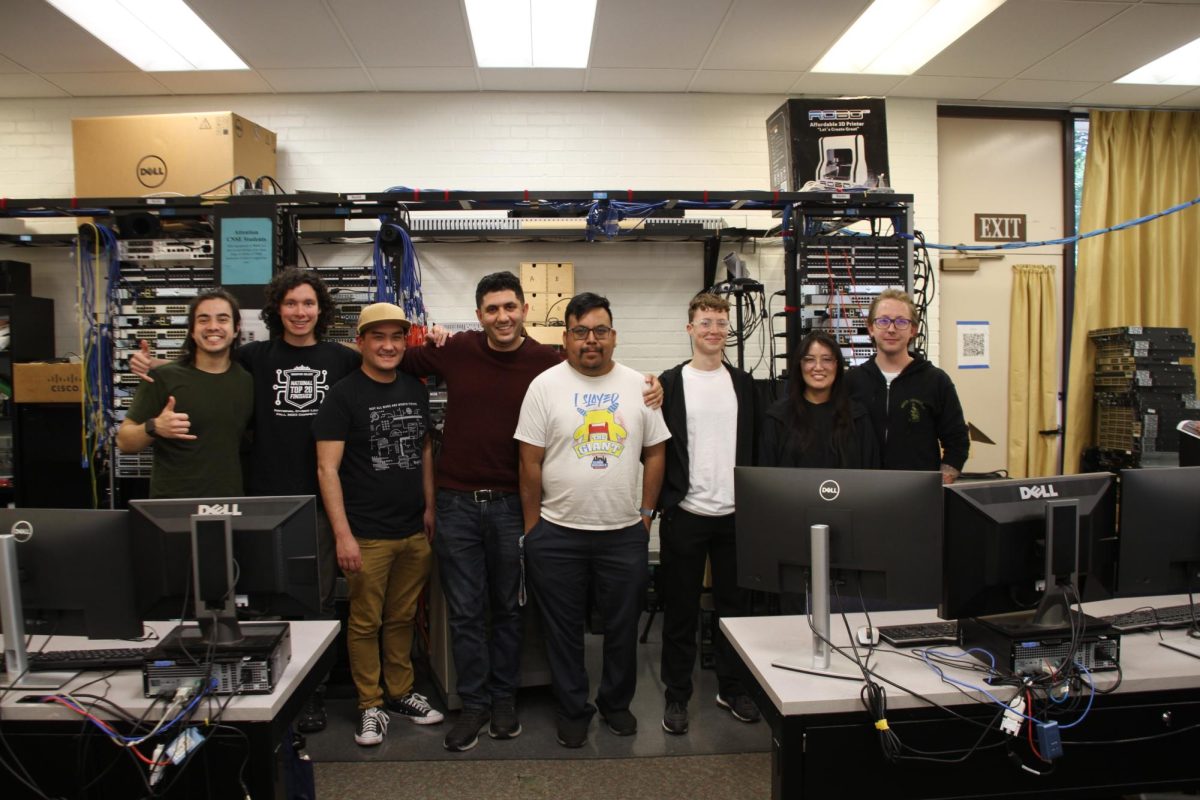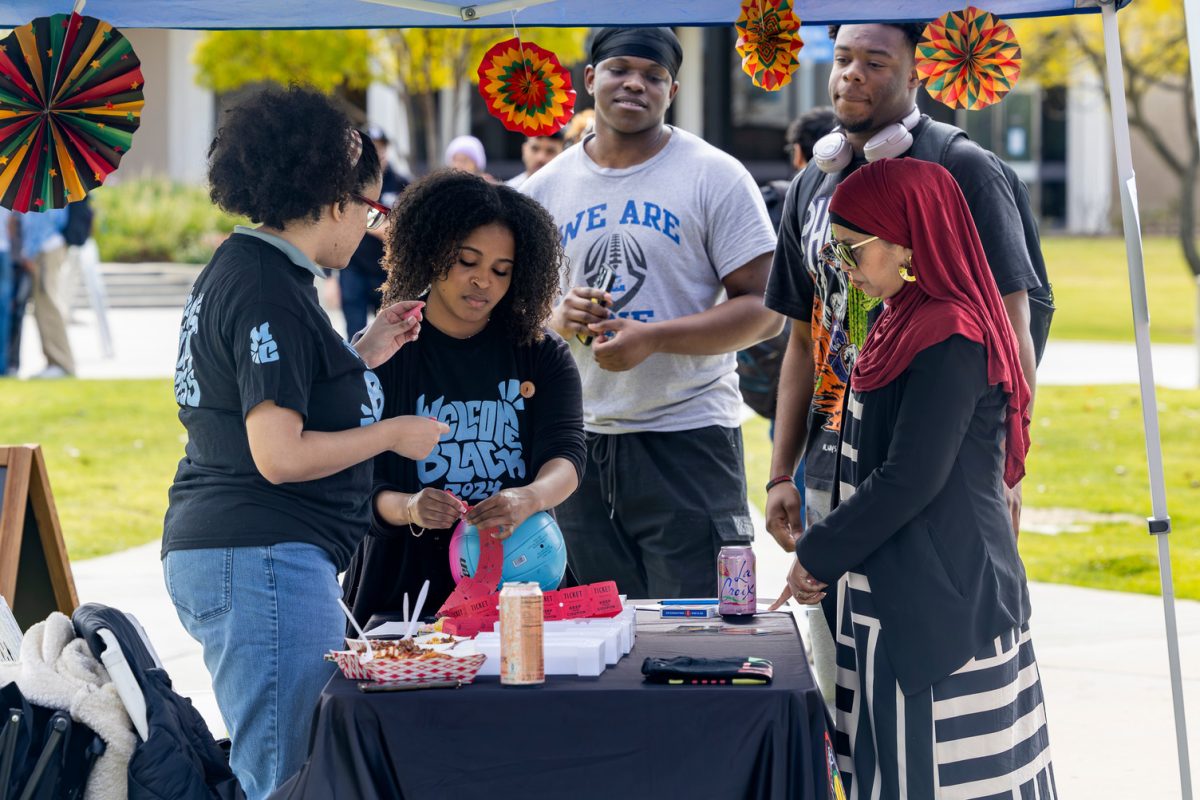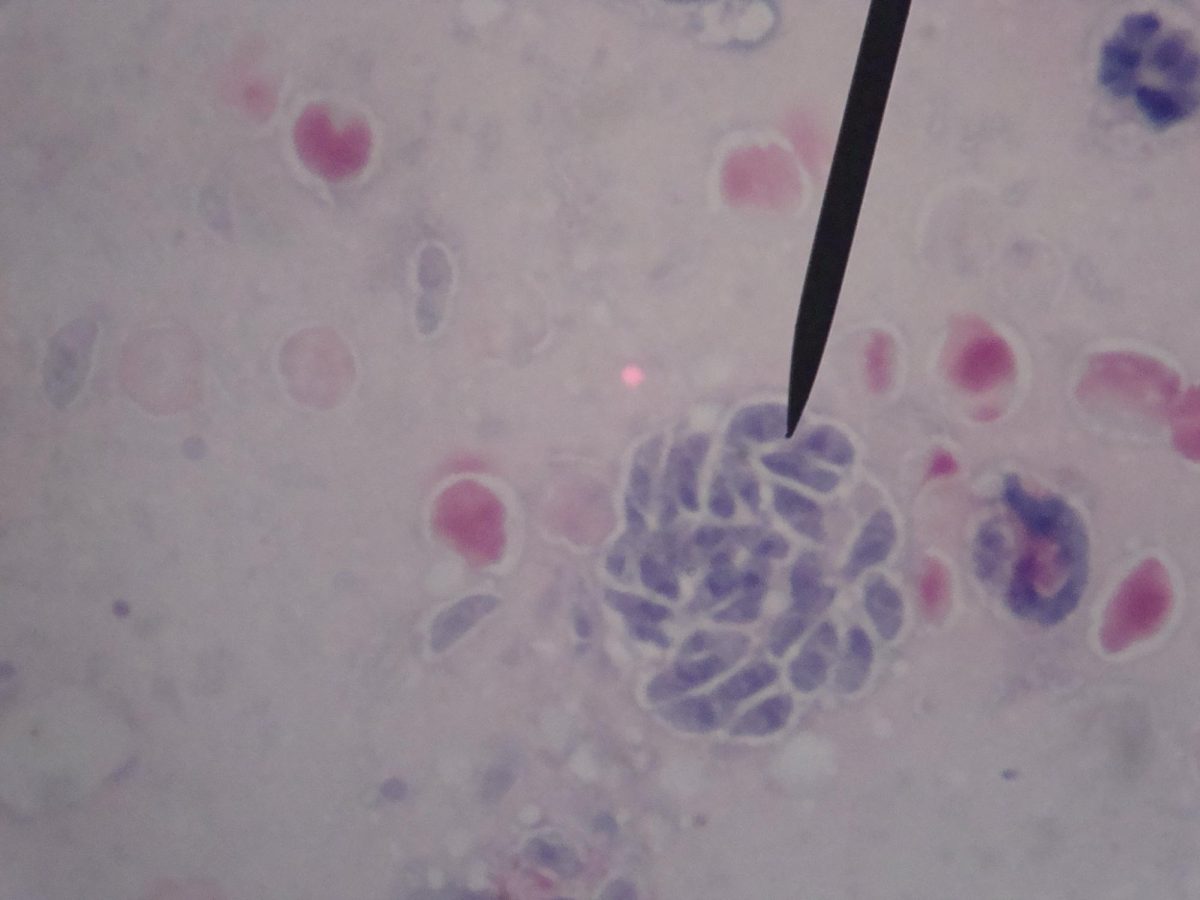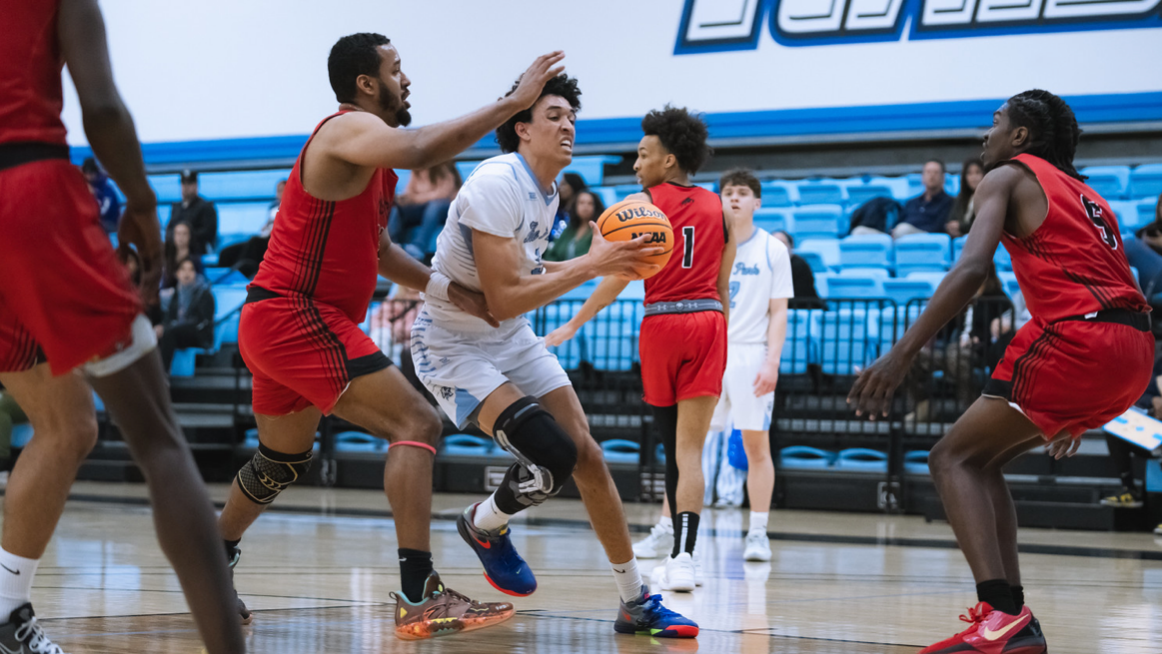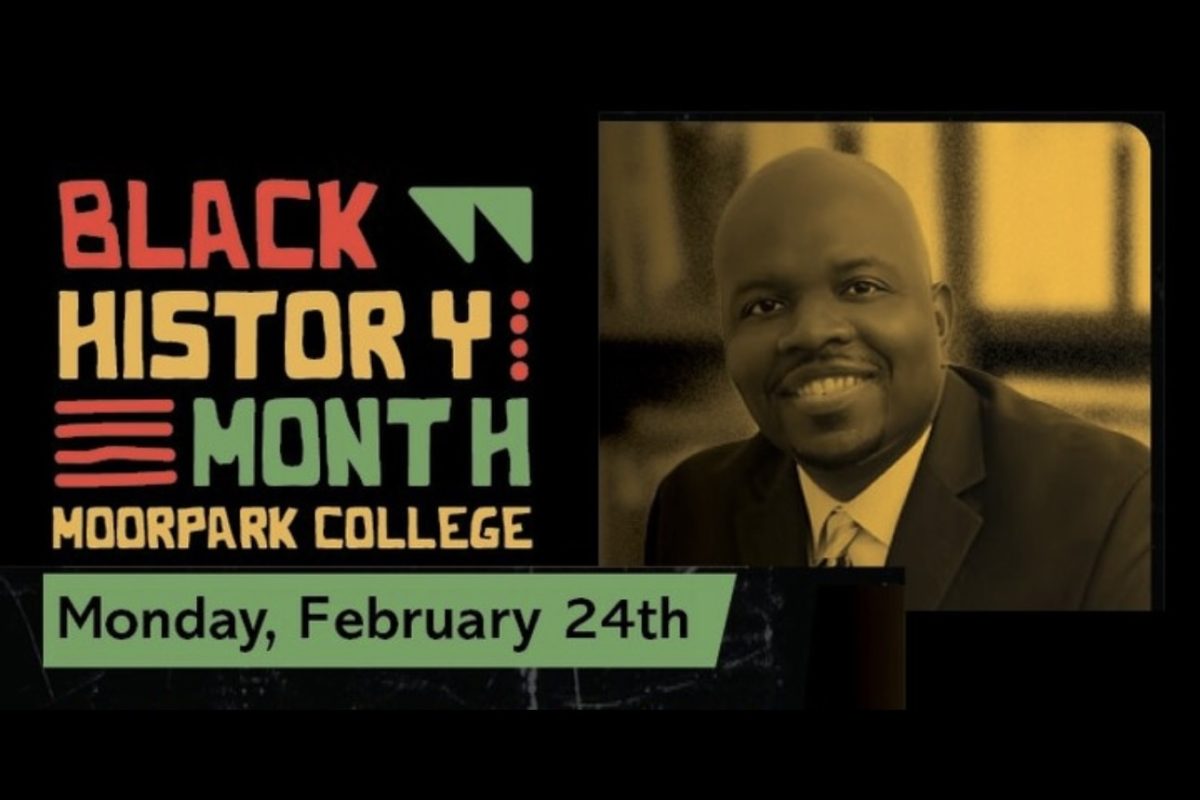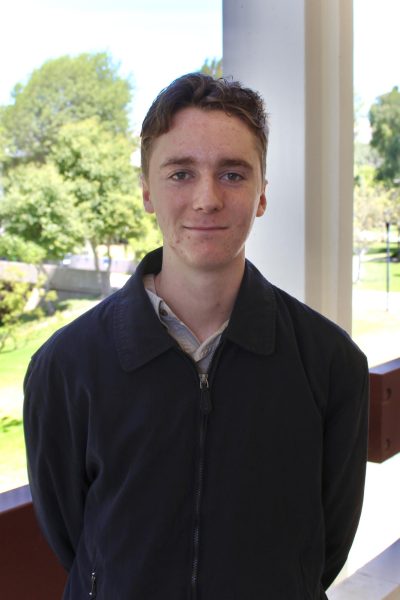On Aug. 13, Moorpark College President Julius Sokenu announced in front of the VCCCD Board of Trustees the engineering department’s most recent accomplishment: 91% of students in ENGR M08 – SolidWorks II–Engineering Design Practicum who participated in the Certified SOLIDWORKS Professional exam (CSWP) passed on their first attempt, a school record.
Students enrolled in the eight–week summer semester course to develop their skills in Computer–Aided Design (CAD) to a more complex level. CAD enables students to make 2–D and 3–D designs that can then be replicated into real, palpable objects. The CSWP tests students’ knowledge of CAD at a professional level, specifically testing students’ skills using CAD within the software SolidWorks.
“Every semester it’s an opportunity to improve,” said Richard Walker, professor of the three CAD–specific courses: ENGR M04 – Engineering Design/CAD, ENGR M07 – SolidWorks I–Engineering Mechanical Design and ENGR M08. “We got it now to the point where we are ironing out all of the wrinkles, … where students are getting the amount of experience and understanding the way things are done in the software that will allow them to really excel with this certification exam.”
Students are taught digital modeling and have opportunities for expanded, real–world applications through the use of 3–D printing. The primary objectives of the course are to prepare students for the professional exam as well as real–world opportunities such as internships and other occupational work.
“I know some of the students that have taken [ENGR] M07 and M08 previously have already found jobs that highlight their work in CAD, so they are doing that on an everyday basis,” said Walker. “It’s good to see that they are — I wouldn’t say ‘graduating,’ but they are elevating across the academic barrier and into the industrial on a full–time basis.”
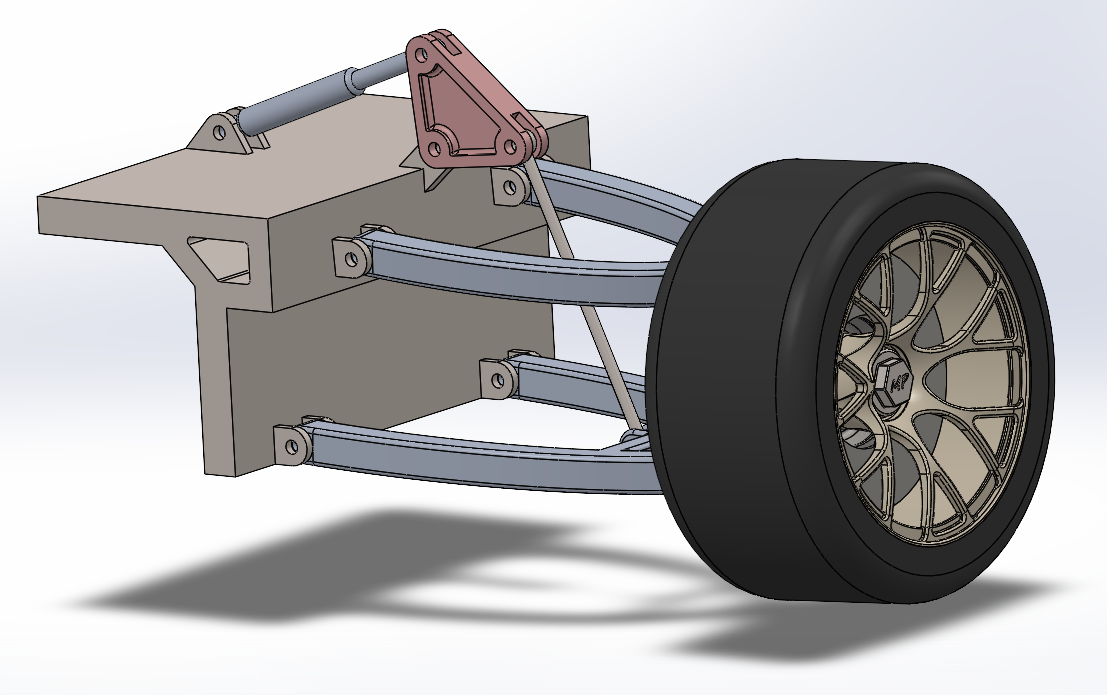
Walker credited some of his students’ success this summer semester to a modification in the course’s group project. While he previously had students work together on a singular project that the class in its entirety assembled, he now has students work in smaller groups.
The main project was to design and assemble a coin–sorting machine. Students were expected to design the blueprint of the machine through CAD and then use further methods, such as 3–D printing, wood, legos or other resources to materialize their plans into a working coin–sorting device with parameters requiring that the coins are sorted in a specific order.
“There were five teams,” said Asher Yoder, whose team earned second place in the competition. “Everybody built their own thing in secret. It was all one big reveal, but it was a really fun project and kept us occupied for the semester. It gave us a real–world application to using SolidWorks.”
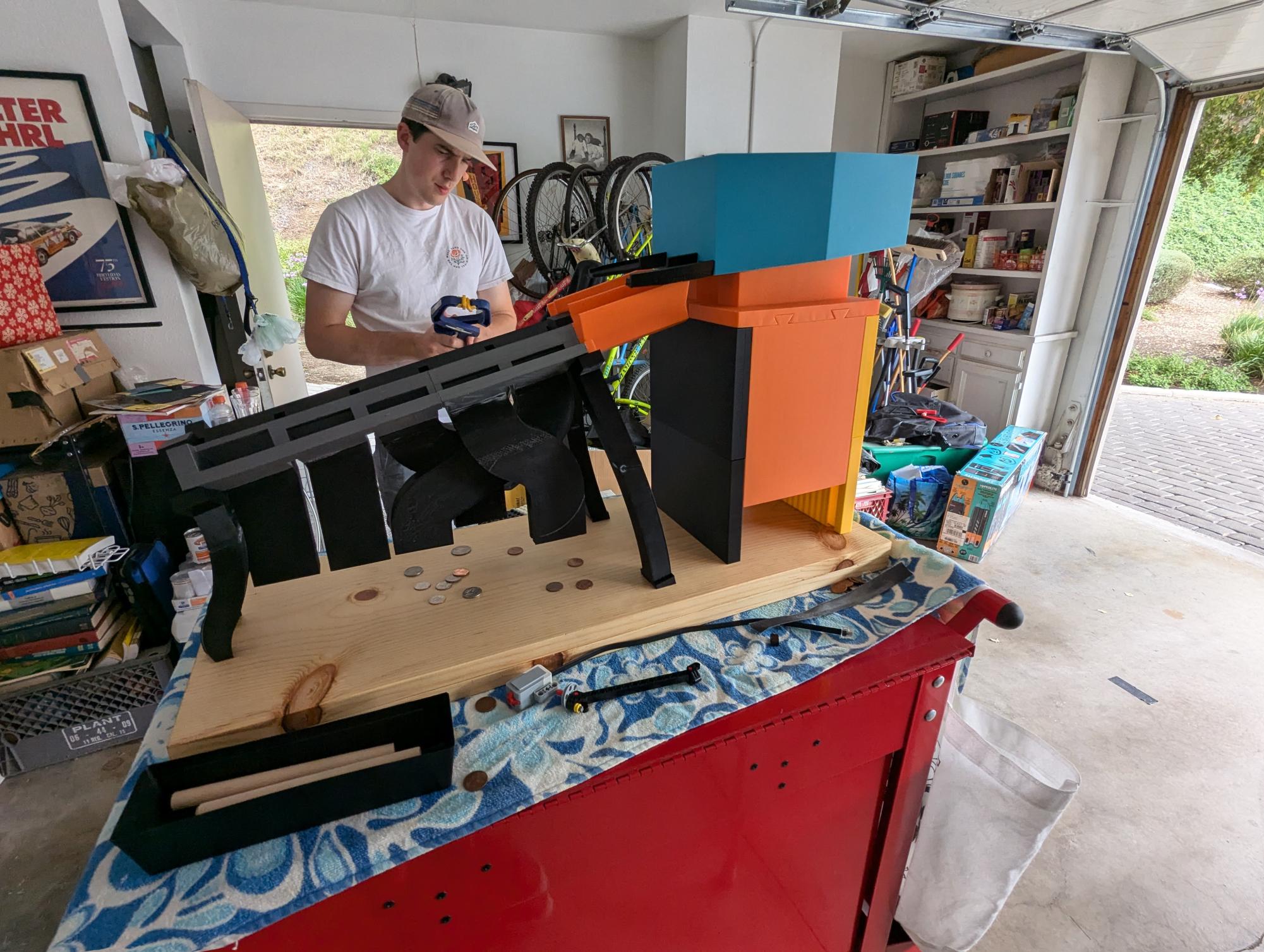
The three courses constructing the CAD program are ENGR M04, M07 and M08. While all engineering majors working towards an associate degree are required to complete ENGR M04, those interested can continue to ENGR M07, where they prepare to pass the Certified SOLIDWORKS Associate–Academic exam (CSWA–Academic) and earn a certificate for their accomplishment.
Interested students can proceed with ENGR M08, which provides a more complex overview of SolidWorks, a common software utilized for CAD design. These certification exams are created by SolidWorks, and students must pass their respective exam if they hope to either receive a certification in CSWA–Academic or CSWP.
“If you take it — [ENGR] M04, M07 [and] M08 — you’ll most likely get a couple of the same students, so it’s really nice to feel like, ‘ok, you have this group of people that you’ve known already,” said Yoder. “It makes it a lot easier to ask for help if you need help, and there is just a fun chemistry.’”
Students that successfully complete the triad of CAD courses as well as either MATH M06 – Trigonometry or MATH M07 Precalculus and Trigonometry are awarded the “Certificate of Achievement in Engineering Computer–Aided Design and Drafting: SOLIDWORKS,” according to the Moorpark College Program Mapper.
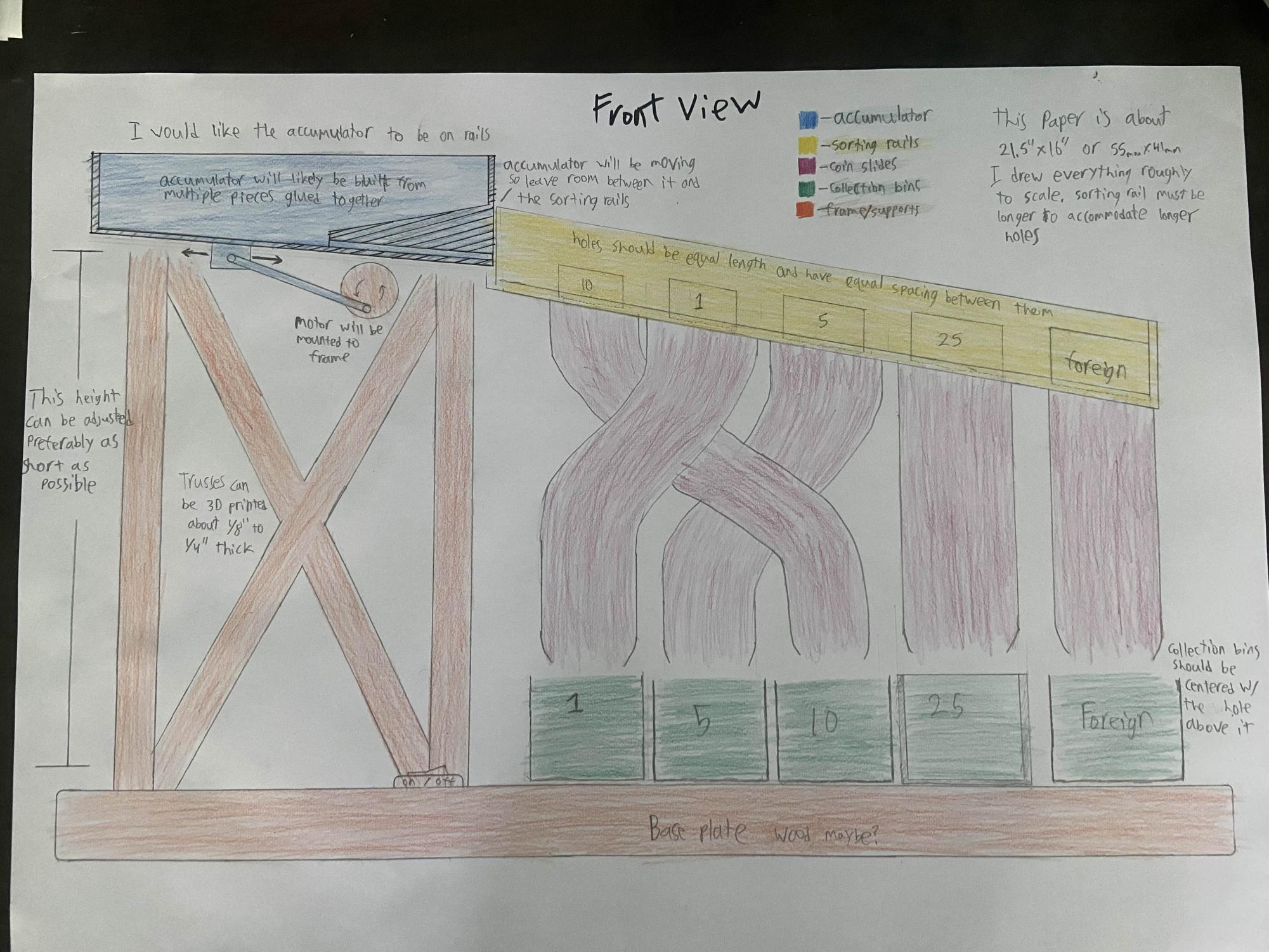
These CAD certificates did not exist before Walker’s involvement with Moorpark College, however, as the program only consisted of ENGR M04. After Walker worked at the school for several years, he alongside current Engineering Department Co–Chair Scarlet Relle worked together to write ENGR M07 and ENGR M08, according to Relle.
“He’s always there to say ‘oh, I’m here until the last person leaves the Zoom call,’ so he’s always there for you,” said Yoder. “He doesn’t make it confusing. He breaks it up really nicely, so it feels really good to be a part of his class. I can say ‘yeah I took his class. He was a great teacher.’ I did pass the test, and it was because of him. Without him, I don’t know if I could have at all.”
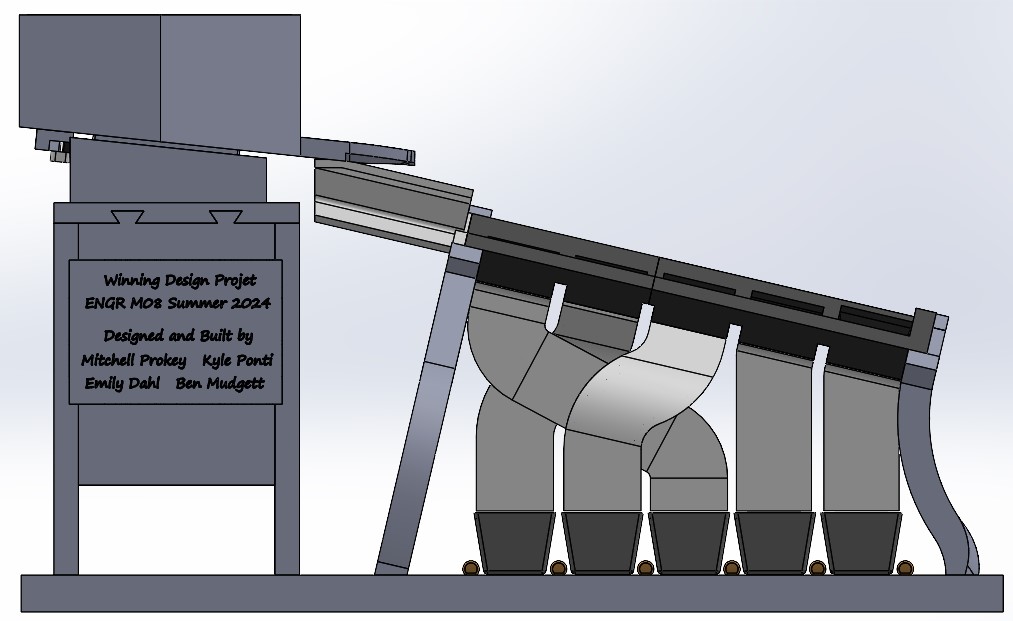
Since the modifications originally set forth by Relle and Walker to the engineering department’s CAD programs, the department continues to evolve amidst an age of technological development. The engineering department also hopes to change alongside Moorpark College as it expands its catalog of bachelor degree programs.
It aspires to house the school’s third-ever bachelor degree: an automation engineering degree that combines elements of the Electronics Engineering Technology program and Mechatronics Engineering Technology program, according to Relle.
“We just purchased a robotic arm,” said Relle. “We are adding to our curriculum, and hopefully we can buy other technologically–advanced equipment that would be in line with this automation technology and have a bachelor’s degree in the next couple of years.”

